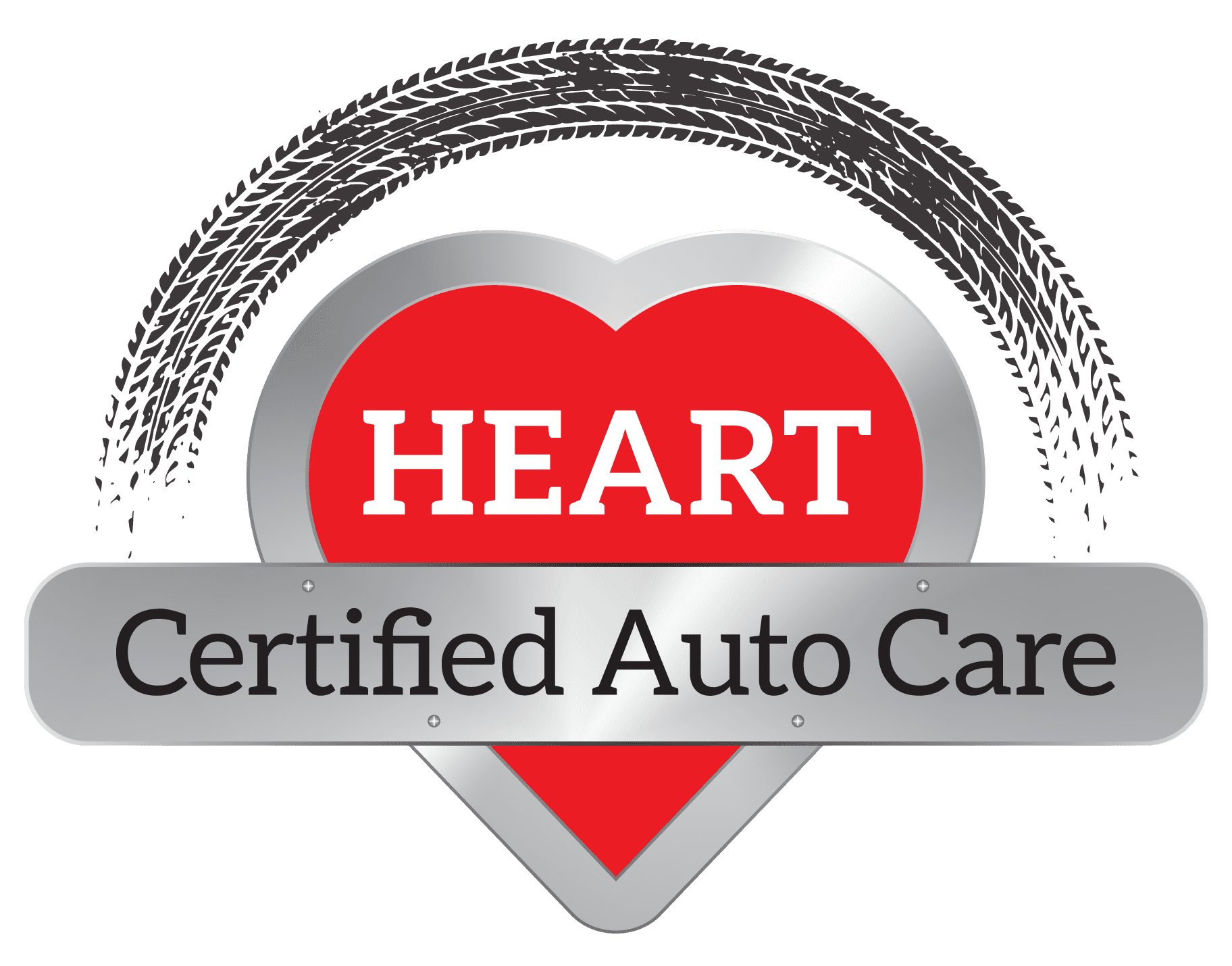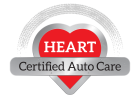Owning a car comes with a lot of responsibility, including knowing how to identify and troubleshoot common problems. Whether you’re the type of person who likes to take on the repairs yourself or you prefer to take your car in for service, understanding what is causing certain issues can save you time and money. Let’s break down how to identify and fix some of the most common car problems.
Engine Problems
If you are experiencing any type of engine trouble, such as stalling or strange noises under the hood, you may be facing an issue with your spark plugs or fuel system. If your vehicle is having difficulty starting, it could be due to a faulty starter motor. In this case, trying a new battery may help if replacing the starter motor seems too costly. Additionally, check that all wires are properly connected and that there are no broken parts in the ignition system. Poor performance from your engine could also indicate that a switch needs replacing or that there is an issue with your air filter or exhaust system. To diagnose any engine problem accurately, it is best to use an automotive scanner tool like OBD2 which will provide detailed information about what is causing the issue.
Brakes Issues
When dealing with brake problems, always start by making sure that there is enough brake fluid in the master cylinder. If levels appear low, this could mean there is a leak somewhere in one of the brake lines which should be examined immediately by service professionals as it can be dangerous if left unchecked. Additionally, check for debris around the rotors which can indicate rust buildup caused by moisture contamination or worn-out brake pads which need to be replaced entirely. Lastly, ensure that all brake lines are properly attached and not corroded since damaged brake lines can lead to decreased braking power and performance.
Suspension Issues
Having trouble with your suspension? The most common cause of suspension issues is worn-out shocks/struts or springs that have become rusty over time due to moisture exposure. To inspect these components more closely for signs of wear & tear, lift up each corner of your vehicle individually so you can get a better look at them without taking them apart completely (which should always be done by qualified professionals). It’s important to regularly check for rust damage on any visible suspension components since corrosion can occur quickly due to road salt during winter months which will significantly reduce their lifespan if left unchecked.
Knowing how to identify and fix common problems on your car can save you time and money in the long run while also providing peace of mind knowing that your vehicle is safe and running smoothly at all times! With cars becoming increasingly complex over recent years due to advancing technology, it’s easy to see why many people choose professional help when dealing with any kind of issue under their hood.
If you need any help with your car, you may book an appointment with us, and be assured that HEART Auto Care experts are here to help!





